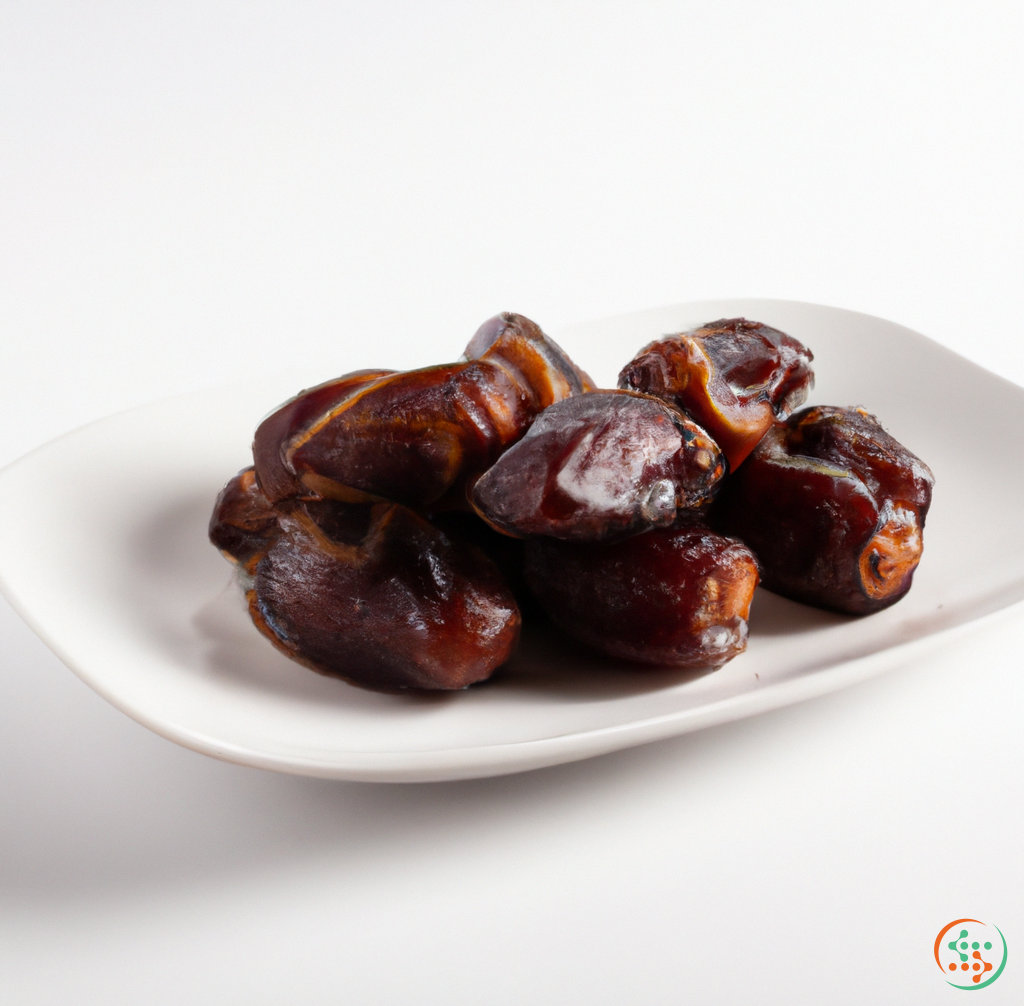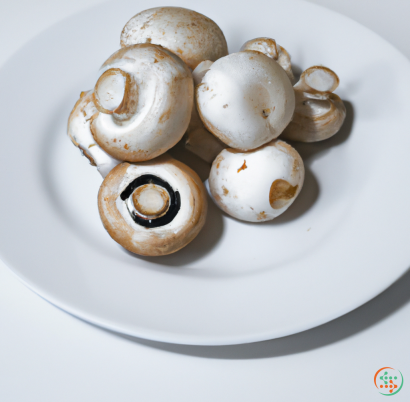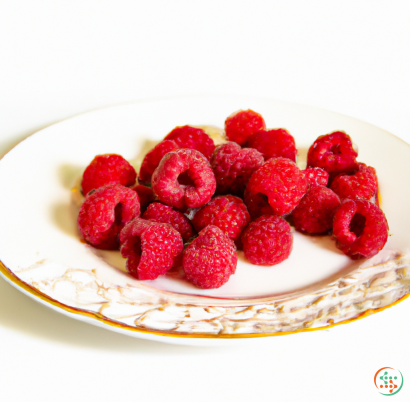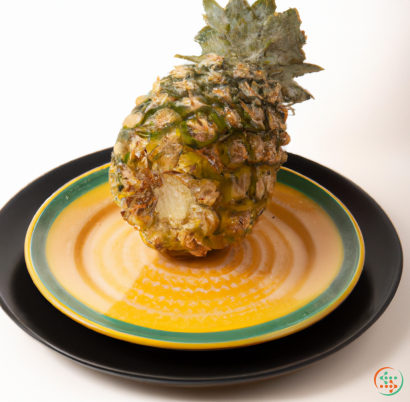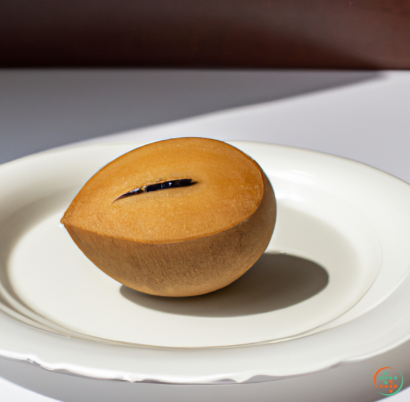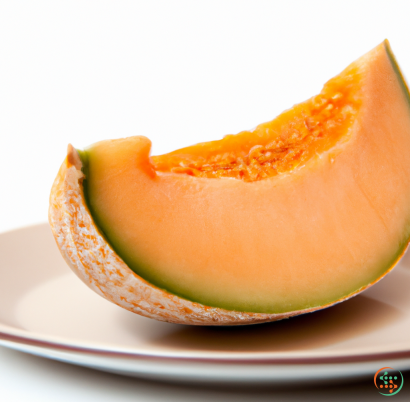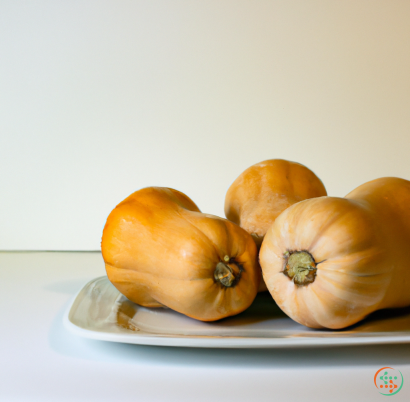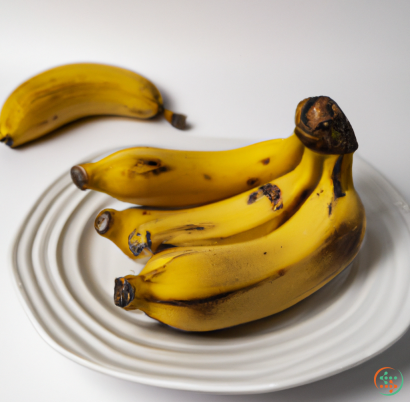Dates (medjool)
.
Taste the Sweetness of Medjool Dates
For centuries, dates have been an important source of nutrition and sweetness in the Middle East and surrounding countries. One of the most sought-after dates is the Medjool date, a lengthy and succulent piece of fruit that is packed with vitamins and minerals. Consuming Medjool dates is a popular way to maintain your health and get a sweet treat in the process.
What is a Medjool Date?
Medjool dates are sweet, chewy, and plump fruits that grow on palm trees, mainly in the hot desert climates of the Middle East. The intense climate of these areas helps the dates to grow juicy and flavorful. They can range from yellow to deep-brown in color and are a rich source of vitamins, minerals, and dietary fibers. Commonly found in dried form, Medjool dates become soft, moist, and tender as soon as you rehydrate them.
The History of Medjool Dates
Originally native to North Africa and the Middle East, dates have been around for centuries. They were consumed by ancient Egyptians, Romans, and Greeks and have even been discovered at archaeological sites. It is thought that the Medjool date was developed in the 10th century. The word “Medjool” is believed to have originated from the Mideast word for “lord,” since the date was reserved for royalty and served as part of special occasions. As the date spread across the world, it was enthusiastically embraced in parts of the United States and was later planted in California in the 1910s.
Health Benefits of Medjool Dates
Medjool dates are an excellent source of antioxidants, vitamins, minerals, and dietary fibers. Due to their high level of minerals, including calcium, magnesium, and iron, Medjool dates are great for strengthening bones and teeth, as well as boosting energy levels. They are also loaded with potassium, making them a great option for combatting high blood pressure.
Additionally, Medjool dates contain natural sugar and minimal amounts of fat and cholesterol, making them a healthy option for those who are looking for an alternative to processed sugar. Eating Medjool dates regularly can also help to reduce inflammation, balance blood sugar levels, and improve digestion.
How to Enjoy Medjool Dates
Medjool dates have a rich and sweet flavor that is perfect for both sweet and savory dishes. They add texture to salads, smoothies, baked goods, and even desserts like puddings and ice cream – their texture and flavor makes them a versatile ingredient that you can use in many recipes.
One of the most popular ways to enjoy Medjool dates is on their own. All you need to do is remove the pits, rehydrate them with some boiling water, and enjoy their chewy sweetness. They are a great snack that can be easily stored in the refrigerator and enjoyed when needed.
Conclusion
Medjool dates are a sweet, succulent, and chewy fruit that is both flavorful and packed with a variety of vitamins, minerals, and dietary fibers. A popular way to enjoy them is on their own or with various recipes. Keep in mind that dates are naturally high in sugar, so it is best to enjoy them in moderation and incorporate them into a balanced diet.
From date blossoms to date shakes and smoothies, the medjool date has earned its place as a desired sweet treat among many. Medjool dates are a type of pitted, dried fruit that have been a staple in the world’s diet for thousands of years and have recently surged in popularity as a health food due to their high fiber, low glycemic index, and myriad vitamins and minerals. But what is the origin of medjool dates, and how does it get to our dinner tables? This blog post will explore the process of how a medjool date is created, harvested, and processed, and trace the journeys of two specific medjool dates from the plantations in the Middle East to your dinner plate.
Processes on the Plantation
To begin understanding the lifecycle of medjool dates, it is important to first look at the processes that take place on the plantation from the planting of the seed to the cultivation of the tree. Medjool dates are grown primarily in the Middle East and North African countries, especially Egypt, Tunisia, Morocco, and Israel, where date growing and harvesting is an ancient tradition that has been practiced for hundreds of years.
To start the cultivation process, the seeds are first soaked in water before they are planted in sandy soil that is then compacted by human laborers to form a low mound shape required by the date trees. After planting, the growth cycle begins with a familiar practice of fruit trees - the spraying of water and nutrients through irrigated channels that are periodically monitored by a team of trained workers.
It can take up to five years for the date palms to reach maturity and for them to start producing fruit. During this five-year period, the date palms must be pruned and trimmed to promote healthy growth and productivity. By the fourth year of maturation, the date palms will usually begin to produce flowers and produce the first dates that can then be harvested.
The Harvest
Harvesting dates is a highly specialized practice, as time and care must be taken to ensure that the dates are not damaged during the picking process. The ideal harvesting time generally occurs in September, when the date fruits reach their ideal ripeness.
The process of harvesting dates typically begins with a team of farmers climbing the date palm trees. Using a harvesting bag and a long pole, the farmers climb to the top of the trees and knock off the ripe dates into the cloth bags. The dates then go through a sorting process to check for any damages and to separate them into small, medium, and large sizes.
Once the dates have been sorted and cleaned, they are packaged and sent to the processing plant.
At the Processing Plant
At the processing plant, the medjool dates go through several stages of processing. First, the dates are inspected for quality and graded according to size, color, and appearance. Then, any stems or undesirable bits are removed from the dates by hand. The dates are then sorted and packed into boxes or other containers according to their quality and grade. The containers are labeled and then sent to cool storage to minimize product losses due to heat and light.
Next, the dates are put through a de-stoning process, which involves removing the hard stone at the center of each date. This is done to make the fruit easier to eat and digest. The de-stoned dates are then placed into a drying machine, which reduces the moisture content in the fruit. The dates then pass through a sifting machine that removes any remaining stones or debris and separates the dates according to size.
The final steps of the processing include packaging the dates in sealed containers, typically in a vacuum-sealed tray, and placing them in a cool and dry place for shipping.
The Journey From Plantation to Plate
With the medjool dates now packaged and stored, the next step is for them to reach the dinner plate. The two medjool dates depicted in the image below began their journey on a plantation in Morocco and are now headed for dinner in Mexico City.
To start, the medjool dates were loaded onto a truck for transport to Casablanca, Morocco, where they were transferred to a ship. The ship then set off to the Port of Mazatlan, Mexico, located on the western coast of the country. Once the ship arrived, the medjool dates were transported to their final destination via truck to Mexico City, a journey that took several days.
Once the medjool dates reached Mexico City, they were then brought to the grocery store. They were then selected by a shopper and brought to his/her home, at which point the medjool dates would be ready for dinner!
Conclusion
The medjool date is a popular sweet treat that has a long and involved process, from the plantation in the Middle East all the way to dinner plates around the world. Through this blog post, we’ve explored the growth cycle of the medjool date, the processes involved in the harvesting and processing of the dates, and the journey of two specific medjool dates from Morocco to Mexico City.
In the end, it is clear that the medjool date has many complex steps to go through in order to reach our dinner plates. With the advances in technology and transportation, however, we can now enjoy dates from all over the world with ease, giving us a sweet taste of the past.
| Vitamin A | 0.007 mg | |
| Beta-Carotene | 0.089 mg | |
| Vitamin K | 0.0027 mg | |
| Vitamin B1 | 0.05 mg | |
| Vitamin B2 | 0.06 mg | |
| Vitamin B3 | 0.00161 grams | |
| Vitamin B4 | 0.0099 grams | |
| Vitamin B5 | 0.81 mg | |
| Vitamin B6 | 0.25 mg | |
| Vitamin B9 | 0.015 mg |
| Calcium | 0.064 grams |
Daily Value 1.3 g
|
| Iron | 0.9 mg |
Daily Value 0.018 g
|
| Magnesium | 0.054 grams |
Daily Value 0.4 g
|
| Phosphorus | 0.062 grams |
Daily Value 1.25 g
|
| Potassium | 0.696 grams |
Daily Value 4.7 g
|
| Sodium | 0.001 grams |
Daily Value 2.3 g
|
| Zinc | 0.44 mg |
Daily Value 0.011 g
|
| Copper | 0.36 mg |
Daily Value 0.9 mg
|
| Manganese | 0.3 mg |
Daily Value 0.0023 g
|
| Tryptophan | 0.007 grams | |
| Threonine | 0.042 grams | |
| Isoleucine | 0.045 grams | |
| Leucine | 0.082 grams | |
| Lysine | 0.054 grams | |
| Methionine | 0.017 grams | |
| Cystine | 0.046 grams | |
| Phenylalanine | 0.048 grams | |
| Tyrosine | 0.016 grams | |
| Valine | 0.066 grams | |
| Arginine | 0.06 grams | |
| Histidine | 0.029 grams | |
| Alanine | 0.078 grams | |
| Aspartic Acid | 0.22 grams | |
| Glutamic Acid | 0.265 grams | |
| Glycine | 0.09 grams | |
| Proline | 0.111 grams | |
| Serine | 0.062 grams |
| Glucose | 33.68 grams |
|
| Fructose | 31.95 grams |
|
| Sucrose | 0.53 grams |
|
| Maltose | 0.3 grams |
|
| Total Sugars | 0.131141 grams |
per 100g
|
